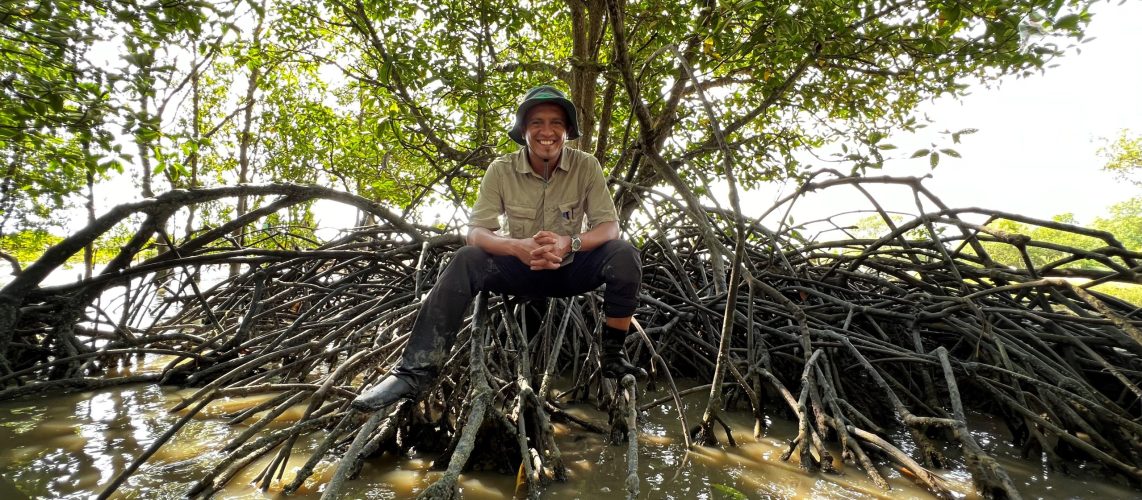This article has been published in the New Straits Times on 29 December 2022.
The gazettement of 676ha of mangroves as a permanent forest reserve in Penang recently was a significant move.
This piece of news is a beacon of hope for mangrove conservation, not only in Malaysia, but also across Southeast Asia and the tropical region.
On Boxing Day in 2004, many areas on the west coast of Peninsular Malaysia, including Penang, were severely affected by the Indian Ocean tsunami, which was triggered by an underwater earthquake near Aceh in Sumatra.
More than 260,000 deaths were reported.
The trauma of the disaster is still felt by communities until today, mainly in coastal villages, towns and cities around the Bay of Bengal, Andaman Sea and the Straits of Malacca.
Since then, efforts to conserve and restore mangroves have been significantly increased. Mangroves are identified as one of the most effective ways to protect tropical coastlines, and tackle local, regional and global environmental and sustainability issues.
Mangroves are primarily known as the Blue Carbon ecosystem for the outstanding ability to sequester atmospheric carbon. They are recognised as a key ecosystem in mitigating the effects of climate change.
However, awareness of the importance of mangroves is not at the desired level. In fact, mangroves are still being destroyed for short-term socio-economic gain.
Mangroves were a central issue at three major Conferences of Parties in November and December.
The challenges in the management of mangroves in Malaysia are complex. They often fall through the cracks of state and federal legal jurisdictions.
Hopefully, the merger of the Energy and Natural Resources Ministry and the Environment and Water Ministry will result in a more cohesive and integrated governance, including in the management and protection of mangroves.
Mangroves also require significant attention from the fisheries authorities under the Agriculture and Food Security Ministry, and from the state authorities.
This is because they are important habitats for marine life.
Malaysia, being one of the biggest mangrove-holding nations in the world, can play a crucial role in championing conservation.
It is prudent for us to go the extra mile to protect this signature habitat and ecosystem of the tropics in order to secure the wellbeing of our people and future generations.

